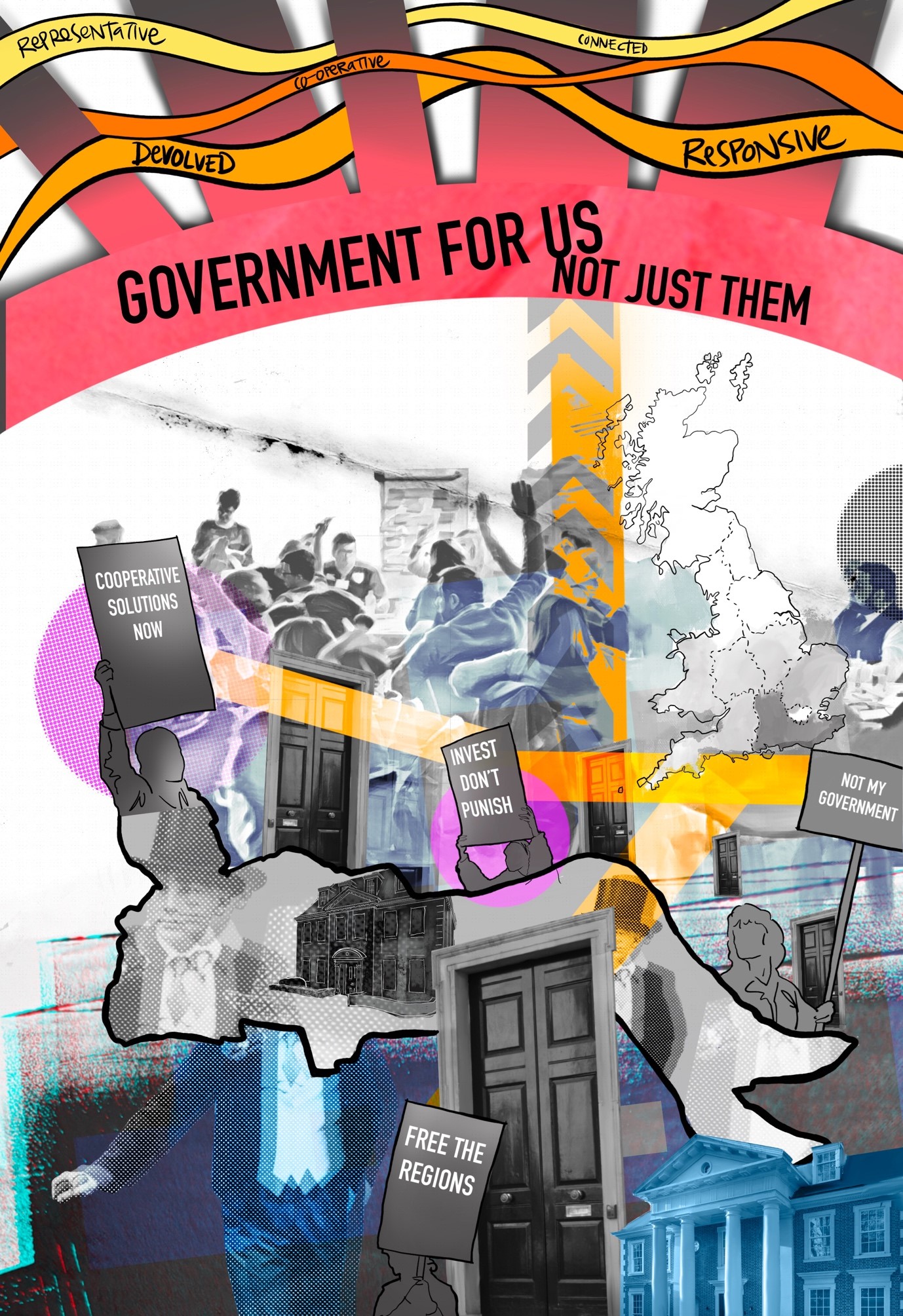
Act Now: A New Vision

Since the 1970s, the view has been put forward that the state is inefficient, obstructive or powerless. This view is an ideological smokescreen endorsed by people who recognise the state’s power and want to control it for their own interests. In fact, the modern state, appropriately plural and democratically accountable, is a very effective institution, the only kind of institution that can underpin the social order and ensure a fair distribution of resources. Political parties have banked on the idea that growing the size of the gross national product (GDP) will increase wellbeing for everyone, through ‘trickle-down’, even if inequality grows and communities are destroyed. The unsustainability and failure of this idea is evident. The state is having to mitigate an ever larger accumulation of downstream social and health problems that this approach has generated. We outline five principles against which a reformed state should assess every potential policy: will it increase equality, will it promote freedom from domination, will it tackle the social determinants of ill health, will it build community wealth and will it help to level up places?
There is a compelling and overwhelming body of evidence that certain policy programmes are better than others, and that the better ones are grounded in concern for a cluster of principles.
Recommendations
Policymakers need to scrutinise every policy against five key principles:
- Will it enhance equality?
- Will it promote freedom from domination?
- Will it tackle the social determinants of ill health?
- Will it build community wealth?
- Will it help level up places?